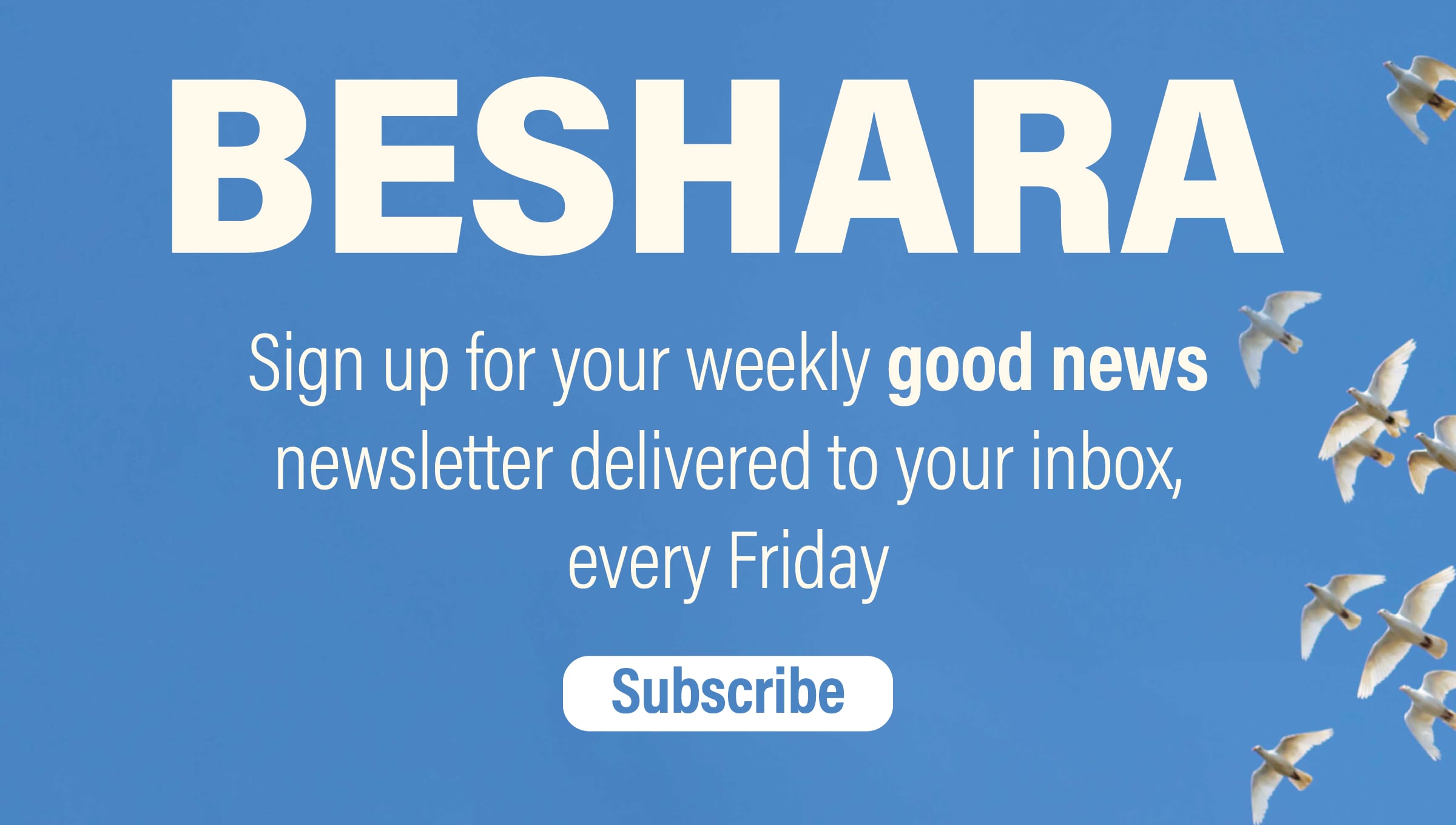
Hello there,
A total of 121 times. That's how often Google mentioned AI at its annual I/O conference. Sundar Pichai, chief executive of Google's parent company Alphabet, revealed the repetition towards the end of his speech, drawing laughter from the crowd who saw him unveil a slew of new AI offerings.
The joke landed because many of us could say the same about how many times we've referenced AI in the past year or so.
It's not an exaggeration to say that it's almost everywhere.
Case in point, at Abu Dhabi Global Healthcare Week, AI was on the tip of almost everyone's tongue, and in terms of science, medicine and health care, there's no sign of AI's influence slowing down any time soon.
It can be a lot to digest, but that's why we're here. To simplify and inform as we sit on the threshold of change.
The Big Story
Duelling AI announcements

In brief | This week might go down in technology history books as the week AI went from hype to reality. Sure, the words technology and history books might seem contradictory on several levels, but hear me out.
To mix metaphors, this week we saw the technology world's equivalent of a heavyweight boxing slugfest between OpenAI, maker of ChatGPT, and Alphabet-owned Google, as they held product announcement events within days of one another, each trying to stake their claim on the AI-dominated landscape that lies ahead.
OpenAI held a live-stream announcement in which the company explained all the features of its new generative AI model, GPT-4o, and just a day later Mr Pichai talked about Google's various AI tools, including Gemini, during a live-stream announcement.
As of time of writing this newsletter, OpenAI's stream had received 3.3 million views on YouTube, while Google's received one million views, and that's not including the countless clips of videos that appeared on various social media feeds.
No matter how you slice it, a lot of attention is being paid to a fleet of AI-fuelled products.
Why it matters | Attention spans are short and the marketplace of AI ideas is busier than ever.
Although both companies are flush with cash, the fact OpenAI and Google were able to receive that much attention with their respective announcements shows that we, the consumers, are embracing AI in our everyday lives, and we're ready to do so even more in the weeks, months and years ahead.
Amid announcements from both companies, there was also the reminder that AI influence is coming from all over the world, as Abu Dhabi's Technology Innovation Institute announced it's Falcon 2 large language model was able to go toe-to-toe with models developed by Meta, Google and OpenAI.
Quoted | "I have a feeling someone out there might be counting how many times we mentioned AI today, and since a big theme today has been letting Google do the work for you, we counted so you don't have to [121 flashes on a screen]. This tally is more than just a punchline, it reflects something much deeper. We've been AI first in our approach for a long time"
– Sundar Pichai, Alphabet chief executive
Future in focus

Autonomous collaboration | DP World and Einride announced the Middle East's largest electric freight fleet
Pioneering procedure | Remote surgery displayed in Abu Dhabi could be future of health care, experts say
Arabic-centric approach | A bilingual Arabic and English chatbot developed in the UAE, Jais Chat, has been unveiled
Tailored healthcare | Why genomic passports could be key to the future of health care
Predicting the future: Signal or noise?

The Middle East's first biobank, expected to open next year in Abu Dhabi's Masdar City, is set to become a cornerstone of medical research and will be able to store up to five million biological samples and 100,000 stem cells. Launched in collaboration between M42 and the emirate's Department of Health at the inaugural Abu Dhabi Global Healthcare Week, the biobank has the potential to lead research and boost efforts to discover cures for many of today’s diseases.
This is a signal: To ensure the health and well-being of various populations, it's not enough to simply have the best health technology or the ability to acquire the best health technology. The path to future health prosperity is paved with personalised data from individuals. The region's first biobank is a step in that direction and, although it may take more time and research, the overall benefits will yield big dividends.
A sometimes overlooked but equally important aspect of this biobank will be its ability to address underrepresentation in healthcare research for many Middle Eastern and Asian communities.
Expect to see similar initiatives based on this one.
In case you missed it

What is Google's Starline – and could it make the world a much smaller place?
Spider web-flinging gun to lead Paris Olympics security dragnet
Is banning smartphones from cultural spaces justified, or plain snobbery?
What is the digitine movement? Why people are blocking celebrities on social media
Opinion: Here's what OpenAI learnt from Steve Jobs





